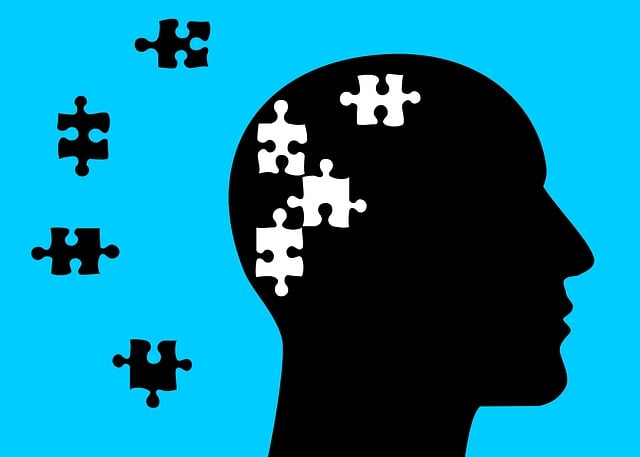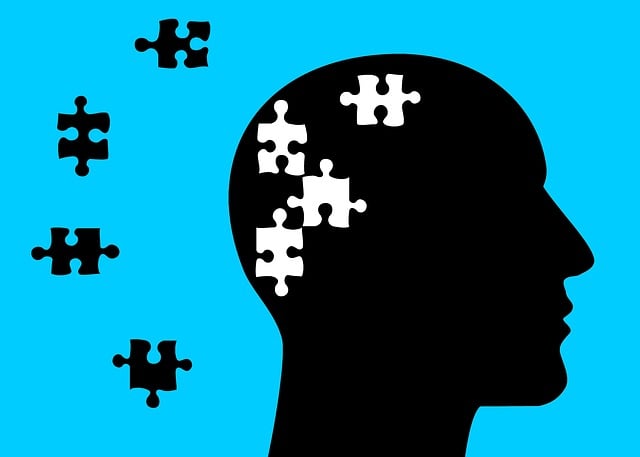Westminster Anxiety Therapy evaluates its programs using a combination of robust methods, including validated tools like HARS and BDI for tracking symptom changes, and qualitative techniques for deeper insights into participant experiences. This holistic approach ensures programs are evidence-based, foster emotional intelligence, and align with mental health policy efforts. The data gathered contributes to refining program offerings and informing future policy decisions, enhancing the overall effectiveness of mental wellness initiatives.
Mental wellness program evaluations are essential for understanding their effectiveness and impact. This article explores comprehensive assessment methods used at Westminster Anxiety Therapy, a leading provider of mental health services. We delve into quantitative and qualitative techniques, highlighting how metrics like client satisfaction scores and clinical outcomes measure success. Additionally, we discuss the critical role of participant engagement through feedback, offering insights on gathering and analyzing qualitative data to enhance therapy offerings. The piece concludes with strategies for tracking long-term outcomes and ensuring the sustainability of mental wellness programs.
- Assessing Program Impact: Methods and Metrics
- – Overview of evaluation methods for mental wellness programs
- – Quantitative and qualitative assessment techniques
Assessing Program Impact: Methods and Metrics

Evaluating the impact of a mental wellness program is a multifaceted process that goes beyond simple satisfaction surveys. At Westminster Anxiety Therapy, for instance, we employ robust methods to gauge the effectiveness of our interventions. This involves tracking changes in symptoms using validated tools like the Hamilton Anxiety Rating Scale (HARS) and the Beck Depression Inventory (BDI). These metrics allow us to quantify improvements in anxiety and depression levels over time, providing concrete evidence of program success.
Beyond symptom reduction, we consider broader impacts such as enhanced emotional intelligence, which plays a crucial role in recovery and overall well-being. Incorporating measures related to emotional awareness, understanding, and regulation, we assess whether our programs foster these skills among participants. Additionally, we recognize the importance of aligning with broader Mental Health Policy Analysis and Advocacy efforts, ensuring that our evaluation methods contribute to evidence-based practices and inform future policy decisions in mental health care.
– Overview of evaluation methods for mental wellness programs

Evaluation methods for mental wellness programs play a crucial role in ensuring their effectiveness and impact. These methods range from quantitative measures such as surveys and standardized tests to qualitative approaches like interviews and focus groups. By employing a combination of these techniques, organizations can gain comprehensive insights into program success, identifying areas that thrive and those requiring improvement. For instance, the Westminster Anxiety Therapy program assesses not only symptom reduction through structured questionnaires but also incorporates feedback from participants on their overall experience, self-esteem improvement, and resilience building.
Additionally, evaluation strategies should encompass the program’s ability to provide crisis intervention guidance, particularly in high-risk populations. This involves analyzing the timing and frequency of support services utilized by participants, as well as tracking their long-term mental health trajectories. Such data not only help refine program offerings but also contribute to the body of knowledge on evidence-based practices for enhancing mental wellness outcomes, ensuring that programs like Westminster Anxiety Therapy remain effective and adaptable to evolving needs.
– Quantitative and qualitative assessment techniques

The evaluation of mental wellness programs is a multifaceted process that combines both quantitative and qualitative assessment techniques. Quantitative methods involve the use of statistical analysis to measure outcomes, such as pre-post tests, surveys, and data tracking. These tools help quantify changes in symptoms, participant satisfaction, and other relevant metrics, providing concrete evidence of program effectiveness, like that seen in Westminster Anxiety Therapy initiatives.
Qualitative assessments, on the other hand, delve deeper into participants’ experiences, perceptions, and personal growth. Techniques such as interviews, focus groups, and case studies allow for a richer understanding of the program’s impact on individual lives. This perspective complements quantitative data, offering insights into the mechanisms behind positive changes and identifying areas for improvement in programs like Westminster Anxiety Therapy. Moreover, qualitative methods can inform the development of more targeted interventions, including enhanced public awareness campaigns, the cultivation of inner strength, and conflict resolution techniques.
Evaluating the impact of mental wellness programs, such as those offered by Westminster Anxiety Therapy, is a multifaceted process. By combining quantitative data from surveys and statistics with qualitative insights through interviews and feedback, we can gain a comprehensive understanding of program effectiveness. This dual-approach allows for identifying both broad trends and individual experiences, ensuring that mental health services remain tailored, responsive, and ultimately beneficial to those they serve.














